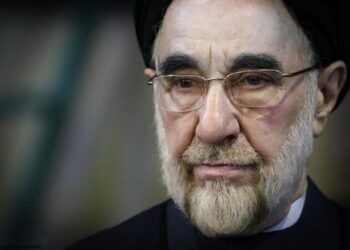Nazim al-Jabburi turned against Al-Qaeda and took charge of the Awakening Council in the Iraqi city of Salah-al-Din. The Awakening Councils were Sunni groups that turned against Al-Qaeda when they determined its agenda was not an Iraqi agenda and then helped the Americans confront and defeat Al-Qaeda in Iraq. The Awakening Councils have been seeking reconciliation among all Iraqis but have grown increasingly disillusioned with the government of Shiite Prime Minister Nuri al-Maliki.
Al-Jabburi told the London-based Arabic daily Al-Hayat: “Reconciliation is a step in the right direction. The government is holding dialogue with the armed groups’ field commanders, not with these groups’ leaders, and I doubt whether the Reconciliation Ministry or the government will achieve any results unless they talk to the leaders and unless the absent ones are present.”
Al-Jabburi said violence in Iraq is likely to continue “if the government does not take effective steps to deal with its causes, such as illiteracy, poverty, injustice, sectarianism, and unemployment, and if it does not reach a settlement with the neighboring states that host the leaders of these groups.”
Al-Jabburi ruled out the possibility of the Awakening Councils resuming work with Al-Qaeda again. However, he acknowledged that some of their members resumed their dealing with the organization “in order to preserve their lives and the lives of their families.”
Al-Jabburi said: “Iran, not Al-Qaeda, is the party that threatens the future of Iraq because Al-Qaeda will disappear with the disappearance of the causes of its existence, that is to say, the presence of the foreign forces and the sectarian conflict. As for Iran, it will remain and it has ambitions against not only Iraq but also the entire [Persian] Gulf region. It wants to use Iraq as a bridge to achieve its ambitions, using some government parties’ loyalty to it.”
He expressed extreme pessimism about Iraq’s future. Explaining the reason, he said: “The United States will leave Iraq a weak country suffering many problems and sectarian and ethnic conflicts, which it created when it entered the country. It also created an army and security institutions that have no military or national doctrine. In fact, it built the army on sectarian and ethnic lines.”














